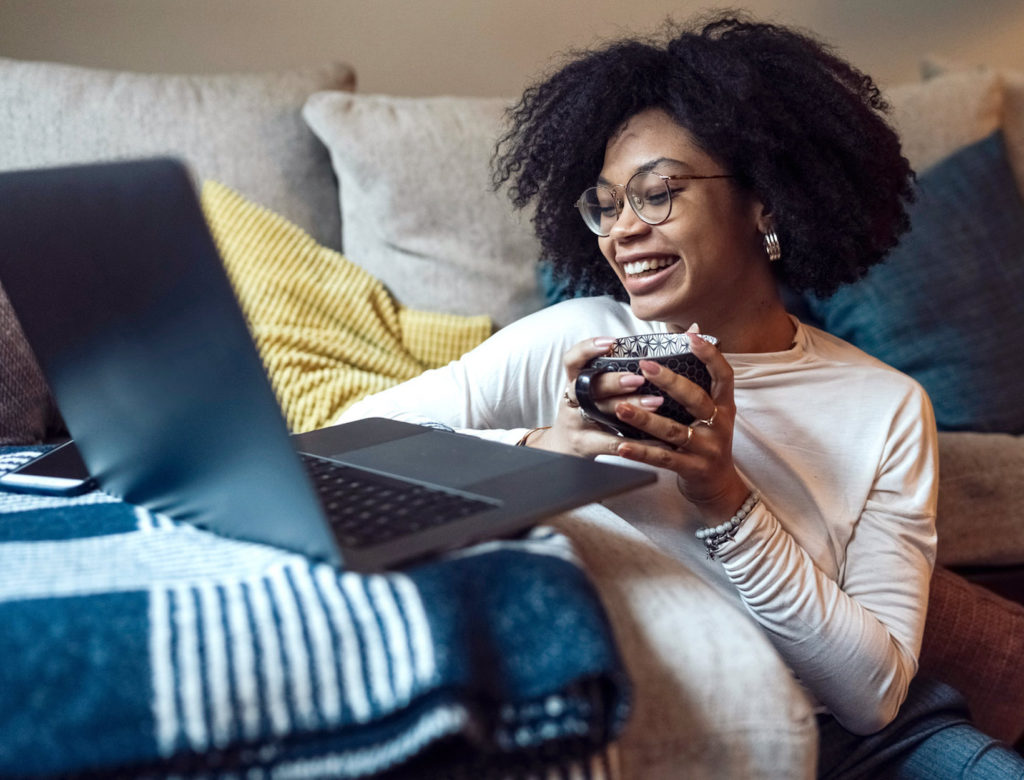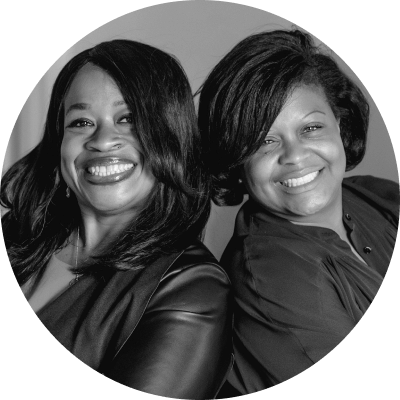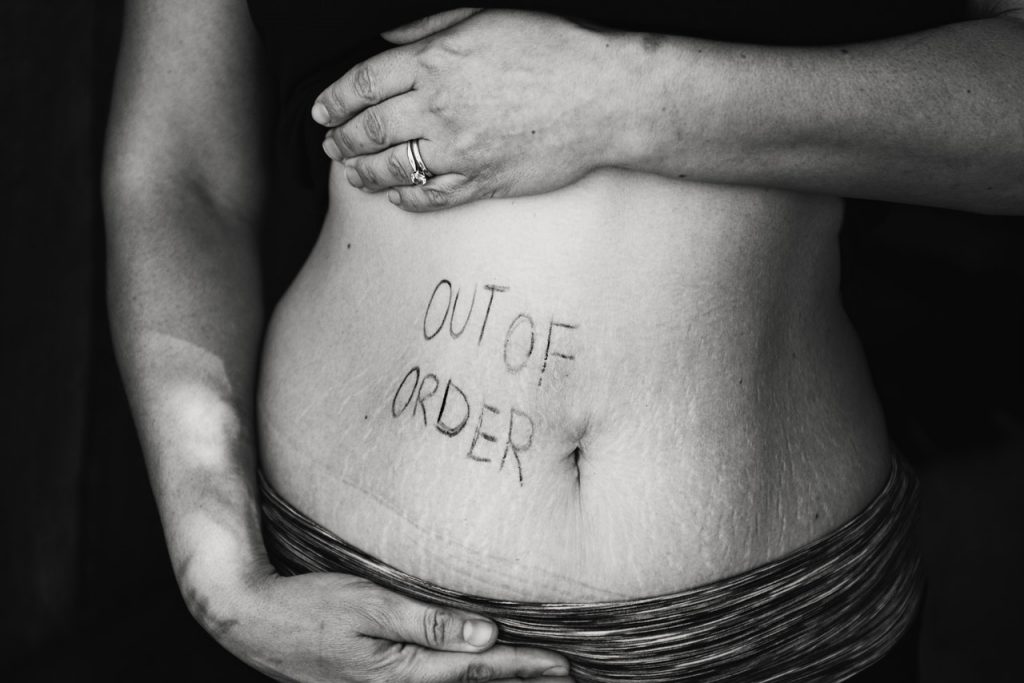
How to Get Through the Holidays Alone
How to Get Through the Holidays Alone

The holidays this year might feel like a mixed bag of emotions. For some, being away from family during
this season can be difficult, so we talked to two psychiatrists about how to cope—starting with having those
difficult conversations with friends and family about why you will not be seeing them, communicating and
acknowledging your own feelings, and then navigating this period while staying centered through it all.
Although it’s a hard time, Carlin Barnes, MD, and Marketa Wills, MD, coauthors of Understanding Mental
Illness: A Comprehensive Guide to Mental Health Disorders for Family and Friends, agree that making
space for our emotions helps us over time. The hope is that through acknowledgment and validation—and a plan—we
can get through this period and learn how to continue with grit, resilience, and motivation.
A Q&A with Carlin Barnes, MD, and Marketa Wills, MD
Barnes: Talk openly with your family members. A lot of times we shy away from courageous conversations, conversations that may leave people with negative emotions, like guilt or anger or anxiety. But have frank conversations about what you’re feeling and why you’re making the decision not to spend time together. Focus on safety: “Hopefully next year, things can look more like they did in the past. But this year, I’m making the choice to stay safe.” With this pandemic, we have to make sure that not only are we safe but our loved ones are safe as well.
If you feel like having that conversation might be difficult, practice it. Write down your feelings and thoughts before you head into it so that you’re clear about what you want to say. If you’re still struggling with guilty feelings after the conversation, then talk to someone, whether that’s someone in your support system who can be positive and affirming or maybe a brief course of therapy to help you to manage the feelings if you feel like you can’t get past this.
“Even though we all may be going through the same storm, each of our individual boats is built a little differently.”
Wills: This came up for me with Thanksgiving, when friends and family members wanted to visit. People were saying they were coming down for the holidays and asking me if it was okay, and I struggled with how to say no in a tactful way. So I did exactly what Dr. Barnes suggested. I wrote out my feelings. I talked it out with loved ones beforehand and practiced what I would say, which was that I was trying to protect myself and my elderly father, with whom I live, and that I was trying to keep our bubble as tight as possible.
Maybe you feel you’re going to be judged for being scary or not trusting them or thinking that they have germs, but just say, “Hey, I’m doing this to keep you safe, too. It’s not just about my safety and Dad’s safety; it’s about your safety as well.” It’s a tough conversation, but I love the idea of keeping it light, using humor, practicing, and letting it go after you’ve done it. Let it go, rest comfortably in your decision, move on, and look forward to ways of celebrating with your loved ones next year.
Wills: Even though we all may be going through the same storm, each of our individual boats is built a little differently. Some of us may have underlying conditions. Some of us may have the resources to luxuriate away in the Poconos. Some of us may not have food right now. Some of us may have just dealt with the loss of a loved one. Some of us don’t have kids and are living this cool, nesting-vibe yoga life. Some people are living their best life at home. Some people are going crazy with the new virtual reality. So although we’re all going through the same storm and it’s a stressful period for everything, it looks different for each of us. It’s not for us to judge anybody’s decision-making calculus.
Barnes: Even if we can’t be together physically, we can still create special memories. For Thanksgiving, a lot of families sat down for dinner at the same time and ate together over Zoom or FaceTime. Some people decided to share recipes and get on a virtual platform and have each person cook. Virtual platforms are popular ways to stay connected long-distance. Some families decided to do socially distanced drive-bys. Some people were a little bit more relaxed and had gatherings of ten or fewer outdoors. Even if you’re going to be apart, you can still create these special memories. The challenge is to think and plan and develop new, creative ways to celebrate so that it’s not all or nothing.
“Throughout the season, validate how you’re feeling and consider different activities.”
Wills: Validate what feelings of loneliness and aloneness may bring out for you. Social isolation is a very real thing that has real consequences for mental and physical health. We are human, and humans are social creatures. It’s part of how we heal. Part of how we regenerate ourselves is through compassion, energy, touch, love, and other human beings. What we like to encourage is for people to take stock of that. Then make a plan, figure it out, be proactive. We tend to think of the holiday season as a two-month period. But instead, focus on: What am I going to do on Christmas Eve? What am I going to do on Christmas Day? What am I going to do on New Year’s Eve? What am I going to do on New Year’s Day? How am I going to structure that time?
Think about making a plan. Is it going to make you excited to do an all-day marathon watching Hallmark movies or is that going to make you feel lonely? Whatever is going to make you feel good—whether that’s a bubble bath and a candlelit meditation, a brisk jog, all the self-care things, lavender aromatherapy—spoil yourself a little bit. Maybe it’s putting up lights, decorating a tree, gifting yourself. Whatever it is, attack with a plan. Have a good gab session with a friend. Go to a Zoom holiday party or plan a Zoom holiday party with your other friends on New Year’s Eve. Plan to have a call with your loved ones. Get creative and take charge of the holidays. Don’t just sit there. Embrace it, recognize that it’s only for one time, and lean in.
“It’s okay to be angry sometimes; it’s okay to feel like a victim sometimes. It’s okay to feel like a martyr sometimes. That’s part of the human experience, as long as we don’t get stuck there or stay in that space for too long.”
Barnes: If you’re geographically separated, think about increasing phone time or FaceTime. We get into patterns because humans are creatures of habit, so you might speak to your family once a week, but during this special time you might check in with them a couple of times a week so that you feel that you’re part of one another’s worlds and you know what’s going on in the moment. Maybe now is the time to find other ways to feel connected to someone who is closer to you so that you’re not alone physically.
Wills: It’s helpful if we can name our emotions. We’re often taught to be stoic, but if we stuff negative emotions, they always come out in insomnia and overeating and snappiness and irritability and this and that. It’s better to call a spade a spade, and connecting with loved ones about it is healthy. You can say, “I feel this way, and I’m glad I’m able to share it with you. I don’t mean to make you feel guilty for how I feel. This isn’t about you. This is about me. Thank you for listening and showing empathy for how I’m feeling. I’m going to make a plan now that I’ve identified this emotion. I’m going to do the best I can with it, and that starts with my being able to share it with you.” Having that kind of attitude is a healthy way of processing so-called negative feelings. We all have negative feelings, and in our society, we’re taught to cram them down. But it’s okay to be angry sometimes; it’s okay to feel like a victim sometimes. It’s okay to feel like a martyr sometimes. That’s part of the human experience, as long as we don’t get stuck there or stay in that space for too long. Those evolutionarily built biological sensors allow us to react to our environment, and we need to honor that. Give voice to your feelings, then follow that up by doing something about it.
Barnes: Make a plan, take ownership, and be intentional about going through the different holidays. Throughout the season, validate how you’re feeling and consider different activities. I love to walk, and one of many reasons that I love to walk is that I have a hike and bike trail near my home. While I’m out there, I feel like I belong to a community. Everyone is like-minded. We’re all out there trying to get into some physical fitness. We all go in the morning; we smile. And so during that time, I belong to a community for forty-five minutes to an hour. Even though I don’t know those people, I feel connected.
Or you can exercise some volunteerism. There are a lot of great volunteer activities that people can engage in and still be safe in the world of COVID. Last year, I made holiday cards for veterans. Make holiday cards and donate them to nursing homes. Participate in a toy drive if you’re able to do that. There are food drives. Volunteering helps people feel that they’re part of a community.
“Part of how we regenerate ourselves is through compassion, energy, touch, love, and other human beings. What we like to encourage is for people to take stock of that. Then make a plan, figure it out, be proactive.”
Wills: I’m thinking about elderly folks who might be homebound and live alone. Quite frankly, it is incumbent upon the rest of us to help them cope. Now more than ever, we have realized how important human connection is, and we cannot take that for granted. We are all connected, and it’s our duty to look after those who are vulnerable. During this time, I’d invite all of us who have the ability to get out of the house and interact to do a safe random act of kindness for elderly folks in your neighborhood through your church or other ministries or nongovernment organizations and outreaches. There are going to be a lot of people right now who are suffering. Connecting with those people and bringing some sparkle and magic to their holiday season is a great way to spread the joy that the season is all about.
Carlin Barnes, MD, is a double board-certified psychiatrist in clinical practice. She trained in the specialty of psychiatry at programs affiliated with both Harvard University and Emory University Schools of Medicine and attended Texas A&M University College of Medicine, where she received her doctor of medicine degree. For the past eighteen years, she has practiced child, adolescent, and adult psychiatry. She is a cofounder of Healthy Mind MDs, LLC, a wellness enterprise whose sole mission is to improve the emotional and mental well-being of all Americans.
Marketa Wills, MD, is a board-certified psychiatrist with a master’s in business administration from the Wharton School of Business. Wills earned her medical degree from the University of Pennsylvania School of Medicine and completed a residency in adult psychiatry at Harvard’s Massachusetts General Hospital/McLean Hospital program. She has cared for severely mentally ill patients in inpatient, outpatient, and emergency room clinical settings. She is a cofounder of Healthy Mind MDs, LLC, a wellness enterprise whose sole mission is to improve the emotional and mental well-being of all Americans.
We hope you enjoy the books recommended here. Our goal is to suggest only things we love and think you might, as well. We also like transparency, so, full disclosure: We may collect a share of sales or other compensation if you purchase through the external links on this page.


